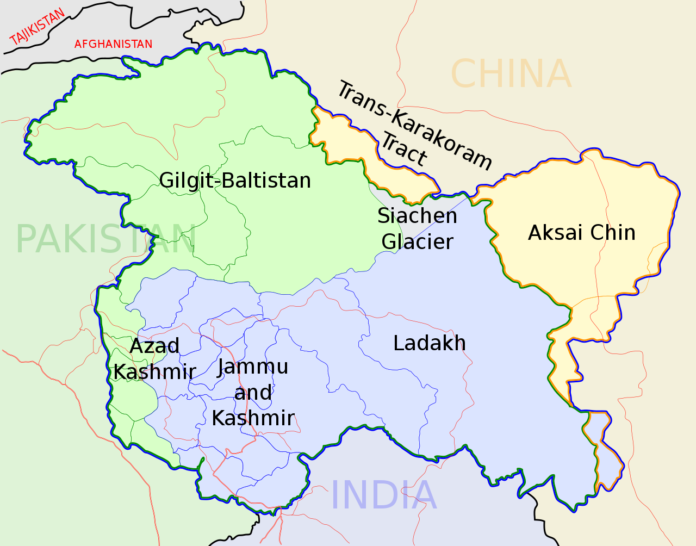Author: K. Alan Kronstadt
Affiliation: Congressional Research Service
Organization/Publisher: Congressional Research Service, United States
Date/Place: January 13, 2020, Washington, U.S.
Type of Literature: Report
Number of Pages: 18
Link: https://crsreports.congress.gov/product/pdf/R/R45877
Keywords: Kashmir, Pakistan, US, India, Communications Blackout
Brief:
Congressional Research Service of United States, which aids debates in US Congress, came out with its latest report on the situation in Indian-administered Jammu and Kashmir which emerged post-August 5, 2019. It was then that India boosted its troop deployment in the disputed region to 1 million boots on ground and it immediately locked down the region which houses over 12 million people. All types of communications were terminated and people were shut in the houses via mandatory and forceful curfews. The report informs the US Congress of what India has done to Kashmir and how it “unilaterally” changed the provisions of Indian Constitution viz-a-viz Kashmir. It refers to the international outcry over Indian steps in Kashmir and how it could undermine regional peace and security by fueling Kashmir militancy. It also mentions the UN and other independent watchdog reports that fault New Delhi for excessive use of force and other abuses in Kashmir. The 24-page report raises certain questions for US Congress as how Washington can use its influence to “best address potential instability in the region” following the August 5th move by India, including the Afghan peace process. It also asks whether India’s so-called democratic/constitutional norms and pluralist traditions are at risk. It reiterates that the long-standing US position on Kashmir is that the territory’s status should be settled through negotiations between India and Pakistan while taking into consideration the wishes of the Kashmiri people.
By: Riyaz Ul Khaliq, CIGA Non-Resident Research Associate




